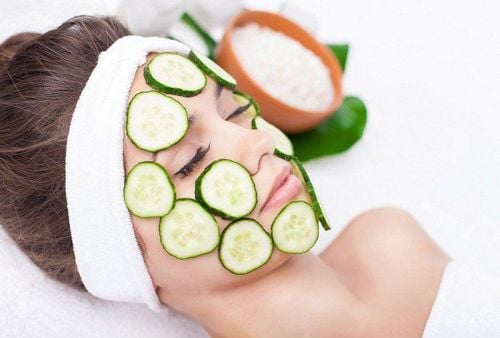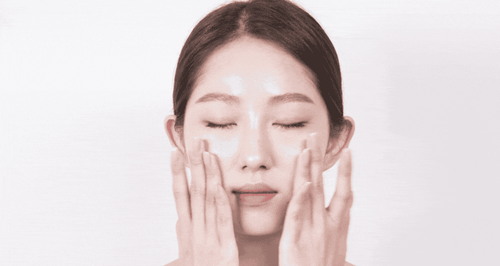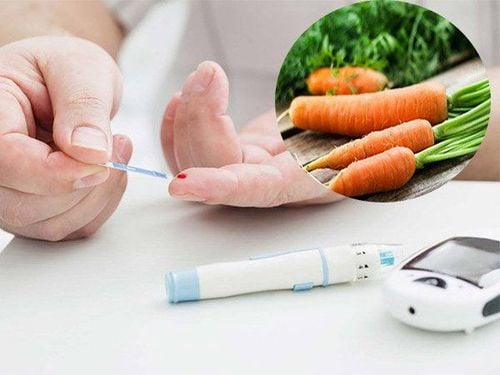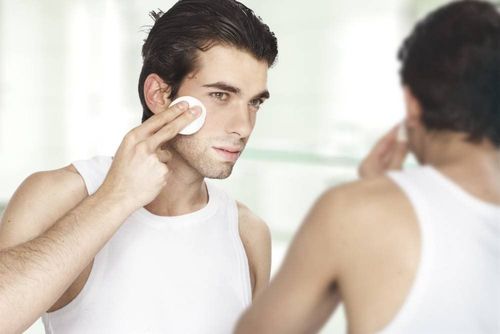1. 5 Best Vitamins for Hair Growth
Vitamin H is known to stimulate hair growth. Studies have shown that biotin deficiency can lead to hair loss. While biotin can be used to treat hair loss, the best results occur in individuals who are biotin deficient. However, biotin deficiency is quite rare as it is found in many food sources.
Other group B vitamins help produce red blood cells, carrying oxygen and nutrients to the scalp and hair follicles. These processes are vital for hair growth. Group B vitamins can be obtained from various foods, including whole grains, almonds, meat, fish, seafood, and dark green vegetables.
The only source of vitamin B12 is animal products, so if you are vegetarian, consider taking vitamin B12 supplements.
Additionally, B vitamins can also be supplemented through dietary supplements.
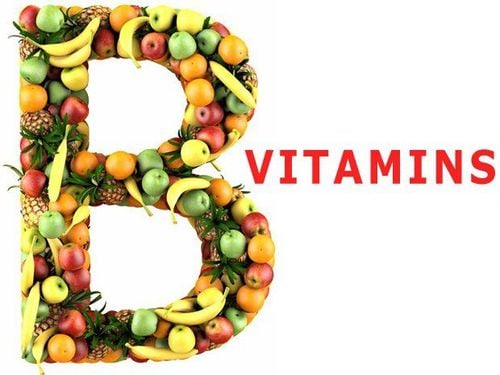
1.2. Vitamin A
All cells need vitamin A to grow, including hair—the fastest-growing organ in the body. Vitamin A also helps skin glands produce sebum to moisturize the scalp and keep hair healthy. Therefore, a diet lacking or over-supplying vitamin A can lead to hair loss.
Sweet potatoes, carrots, pumpkins, spinach, and kale are rich in beta-carotene, a precursor of vitamin A. This vitamin can also be found in dairy products, eggs, cod liver oil, and can be supplemented through dietary supplements.
1.3. Vitamin C
Vitamin C is a powerful antioxidant that protects against oxidative stress from free radicals, which can hinder hair growth.
Furthermore, the body requires vitamin C to produce collagen, an important part of hair structure.
Vitamin C also aids the body in absorbing iron, a mineral necessary for hair growth. Strawberries, bell peppers, guavas, and citrus fruits are excellent sources of vitamin C.
1.4. Vitamin D
A deficiency in vitamin D can lead to hair loss. Studies have also shown that vitamin D helps create new hair follicles (small pores on the scalp where hair can grow).
The body produces vitamin D through direct exposure to sunlight. Good dietary sources of vitamin D include fatty fish, cod liver oil, certain mushrooms, and dietary supplements.
1.5. Vitamin E
Vitamin E is an antioxidant that can prevent oxidative stress. In a study, subjects suffering from hair loss experienced a 34.5% increase in hair growth after taking vitamin E for 8 months, while the placebo group only saw a 0.1% increase. Sunflower seeds, almonds, spinach, and avocados are good sources of vitamin E.
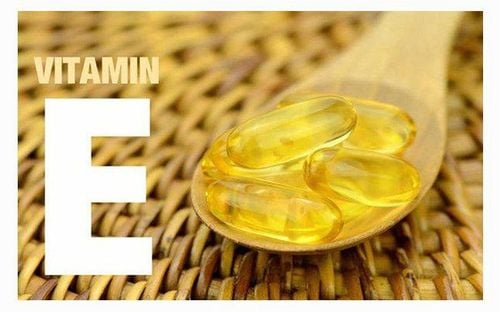
2. 3 Essential Nutrients for Hair Growth
2.1. Iron
Iron helps red blood cells carry oxygen to cells. This makes it an important mineral for various body functions, including hair growth.
Iron deficiency leading to anemia is common among women and is a major cause of hair loss. To boost iron intake, consider incorporating iron-rich foods such as clams, eggs, red meat, spinach, and lentils into your diet. Iron can also be supplemented through dietary supplements.
2.2. Zinc
Zinc plays a crucial role in hair tissue growth and repair, and helps keep the sebaceous glands around the hair follicles functioning properly.
Hair loss is a common symptom of zinc deficiency. Studies show that zinc supplementation can reduce hair loss due to a lack of zinc. However, excessive supplementation can lead to hair loss, so it's better to obtain zinc from natural food sources like oysters, beef, spinach, wheat germ, pumpkin seeds, and lentils.
2.3. Protein
Hair is primarily made up of protein. Therefore, consuming an adequate amount of protein can support hair growth. Animal studies have shown that protein deficiency can reduce hair growth and even lead to hair loss.

3. Should You Use Dietary Supplements for Hair Nourishment?
Food is the best source of the necessary vitamins for hair growth. However, if your diet does not provide sufficient vitamin levels, you may consider taking dietary supplements for added support. Research indicates that vitamin supplements work best for individuals with a vitamin deficiency.
Taking high doses of vitamins can be harmful to the body if you are not vitamin deficient. Therefore, you should get a general health check-up to determine which vitamins you lack and how much you need to supplement.
Reference source: healthline.com
To arrange an appointment, please call HOTLINE or make your reservation directly HERE. You may also download the MyVinmec app to schedule appointments faster and manage your reservations more conveniently.
